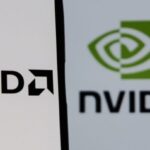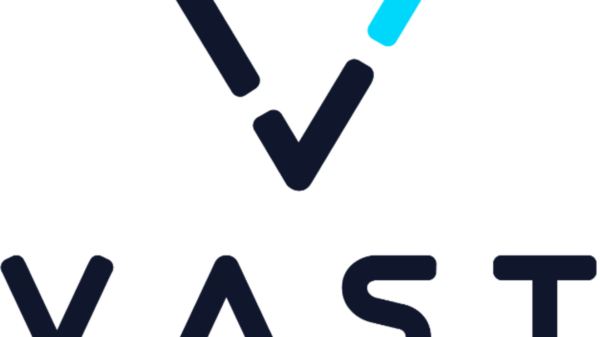Devang Sharma, a 27-year-old senior software engineer at Meta, recently shared his unique journey of resilience and return to the tech giant. After initially joining the company in 2022, Sharma relocated from London to Toronto, where he worked for approximately four and a half months before being laid off. Despite his deep admiration for Meta—which he once envisioned retiring from—there was little he could do to prevent his job loss.
Fast forward three years, and a recruiter from Meta reached out again, offering him a more senior role. While he had other offers from various AI companies, he felt a sense of homecoming by deciding to rejoin Meta. “With the direction of the industry, there’s always a chance of layoffs; however, I saw coming back as a trade-off,” he explained.
Overcoming Challenges After Layoff
Sharma’s layoff was particularly challenging due to his status as an immigrant. He had recently uprooted his life to move to Canada, and the timing was especially tough—“It was the middle of winter, and I had just left everything I knew behind in London.” Despite the difficulties, he remained grateful for the experience he gained during his brief time at Meta.
Fortunately, Sharma had secured permanent residency, allowing him the freedom to explore other job opportunities. Within a month of being laid off, he received multiple job offers and transitioned to a new role at a startup.
Building Connections Post-Layoff
Maintaining connections with former colleagues proved invaluable during this period. Sharma participated in various social media groups, including LinkedIn and WhatsApp channels specifically for former Meta employees. These platforms enabled ongoing discussions about industry trends and developments within Meta. “With the recent movements and investments in AI, a lot has changed over the past two and a half to three years,” he noted.
A Second Chance at Meta
When the recruiter from Meta approached him, it was through an internal system designed to reach out to both current and former employees. The specific role and team caught Sharma’s interest, leading him to pursue the opportunity despite weighing other competitive offers. The interview process mirrored his first experience with Meta but was more complex, focusing on system design and coding standards.
Sharma contrasted his previous role at Amazon, where he worked with AI models but did not directly contribute to foundational models. “When I discovered that I could contribute to the domain of artificial intelligence firsthand by building and writing models, I was thrilled,” he expressed. The flexibility of being in his twenties without family responsibilities helped him decide to take the leap back into a potentially unstable environment.
The Evolution of Meta
Returning to Meta elicited a mixed emotional response for Sharma. Attending the new hire orientation at the Meta headquarters in Menlo Park reignited memories of his initial onboarding experience in Toronto. He appreciated the opportunity to meet key executives, including Chris Cox, the Chief Product Officer, something he could only experience virtually during his first tenure.
Sharma noted significant changes within the company: “Priorities differ, and the company is leaner, so things move more quickly.” He emphasized that the integration of AI into the software engineering role is now a focal point, reflecting the fast-paced evolution of the company.
Advice for Boomerang Employees
For those considering a return to a previous employer, Sharma offers insightful advice: “Come in with the mindset of a newbie.” He believes that approaching this new chapter as a fresh experience has allowed him to overcome any preconceived notions and cultivate a learning mindset. “Being a curious learner is one of the most important things you can do as a professional,” he advised.
Sharma’s journey illustrates the resilience and adaptability required in today’s ever-evolving tech landscape, especially within the AI sector. As companies like Meta continue to pivot and innovate, the stories of individuals navigating these changes provide invaluable insights into the future of work in technology.
 Nvidia Reports 62% Revenue Growth; AMD Surpasses Q3 Estimates with 36% Increase
Nvidia Reports 62% Revenue Growth; AMD Surpasses Q3 Estimates with 36% Increase Nokia Joins Open Compute Project as Platinum Member to Enhance AI Data Centers
Nokia Joins Open Compute Project as Platinum Member to Enhance AI Data Centers Bae Jae-kyu Advocates Long-Term Tech ETF Investments Amid AI Bubble Concerns
Bae Jae-kyu Advocates Long-Term Tech ETF Investments Amid AI Bubble Concerns Coforge Launches Forge-X Platform for AI-Driven Engineering Lifecycle Transformation
Coforge Launches Forge-X Platform for AI-Driven Engineering Lifecycle Transformation


































































